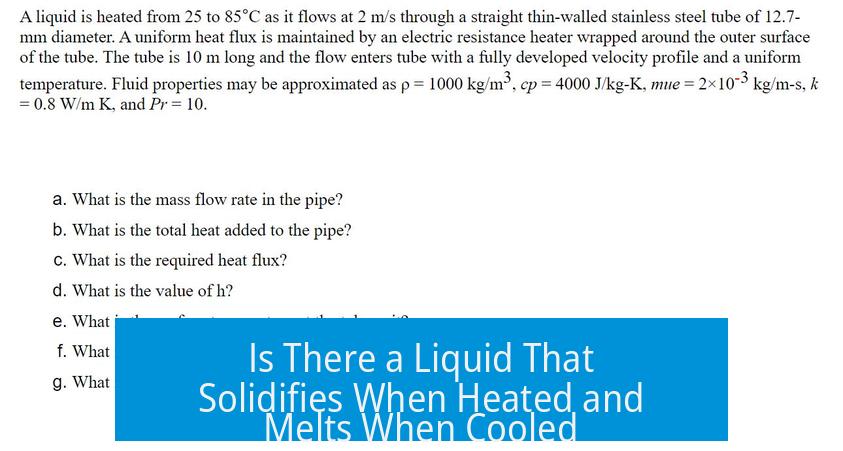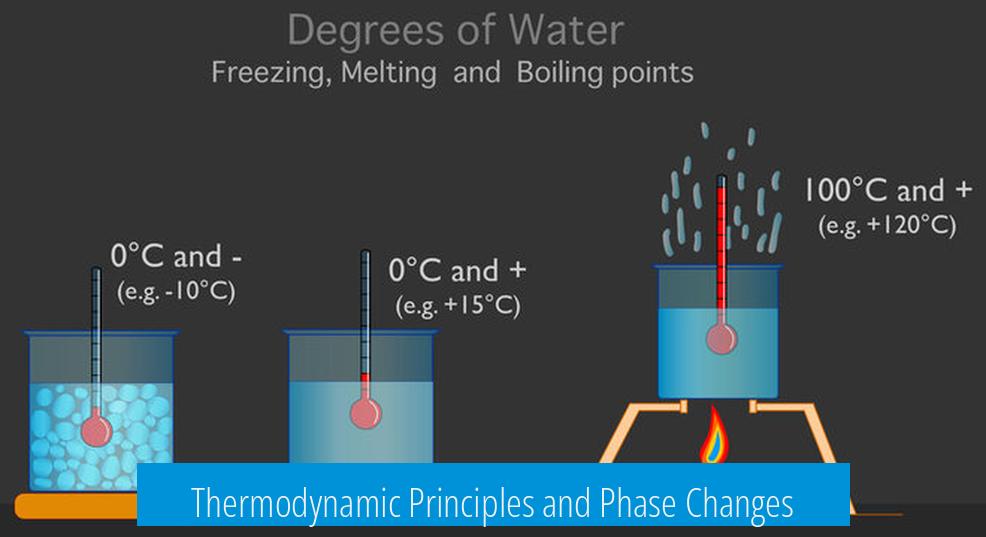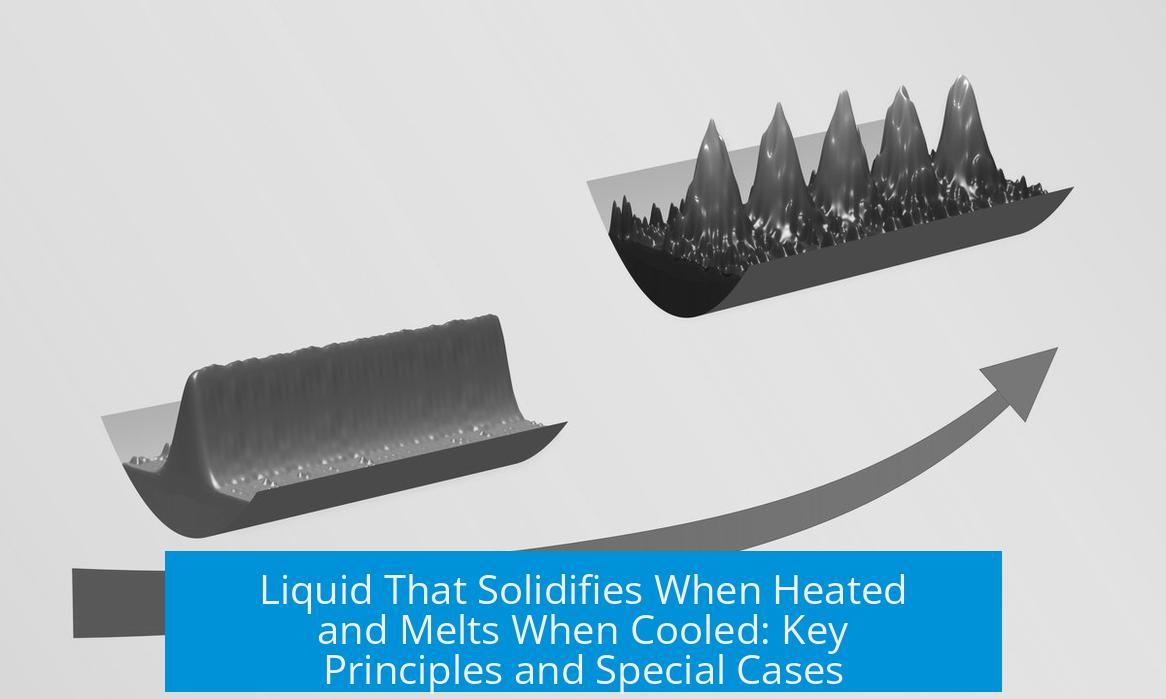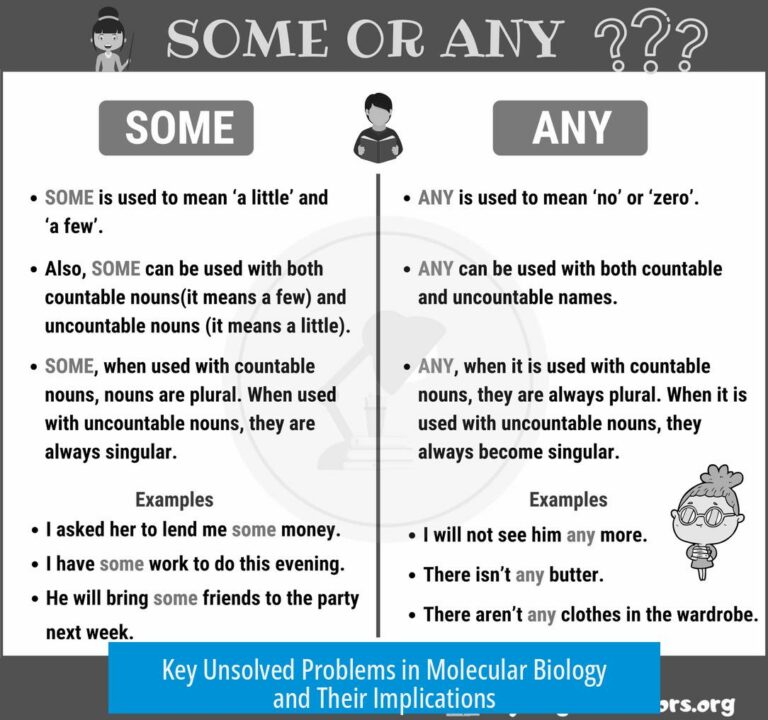Is There a Liquid That Solidifies When Heated and Melts When Cooled?

No substance naturally solidifies when heated and melts when cooled. This behavior contradicts fundamental thermodynamic principles governing phase changes and energy.
Thermodynamic Principles and Phase Changes

Phase transitions from solid to liquid and liquid to gas occur with increased temperature and added kinetic energy. As temperature rises, particles gain motion and entropy increases. Melting involves breaking ordered solid structures into more disordered liquid states.
- Heating increases kinetic energy and entropy.
- Melting requires an entropy increase, i.e., greater disorder.
- A material that decreases entropy upon heating violates these rules.
Therefore, a liquid that freezes upon heating and melts when cooled would require entropy to decrease sharply on heating, overcoming kinetic energy gains. This defies the second law of thermodynamics.
Standard Behavior of Matter under Heating and Cooling
At standard temperature and pressure, matter transitions from solid to liquid to gas as energy increases. For instance, ice melts to water when warmed. Conversely, cooling condenses liquids into solids by lowering energy and entropy.
Even unusual phase scenarios such as dry ice sublimating directly from solid to gas follow this energy increase principle. No known material reverses the expected phase order with temperature changes.
Special Cases: Thermoresponsive Polymers
Some materials exhibit unique temperature-dependent solubility, such as thermoresponsive polymers. These polymers can precipitate (appear more solid-like) when heated and dissolve when cooled.
- They are soluble in cold water.
- They precipitate or “solidify” upon heating.
However, this process involves solubility changes rather than traditional melting or freezing. These polymers change phase with temperature due to molecular interactions, not entropy-driven solid-liquid transitions.
Summary of Key Points
- No natural liquid solidifies upon heating and melts when cooled; this violates thermodynamics.
- Phase changes increase entropy and kinetic energy as temperature rises.
- Thermoresponsive polymers resemble this behavior via solubility shifts, not by actual melting/freezing.
- Standard matter phases progress from solid to liquid to gas with increasing temperature.





Leave a Comment